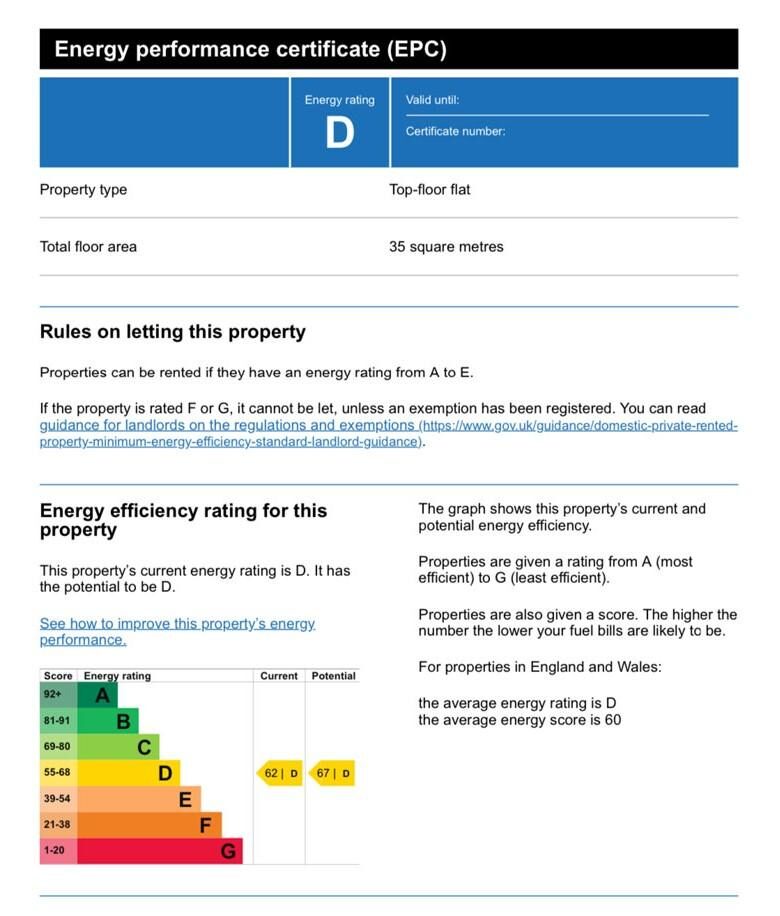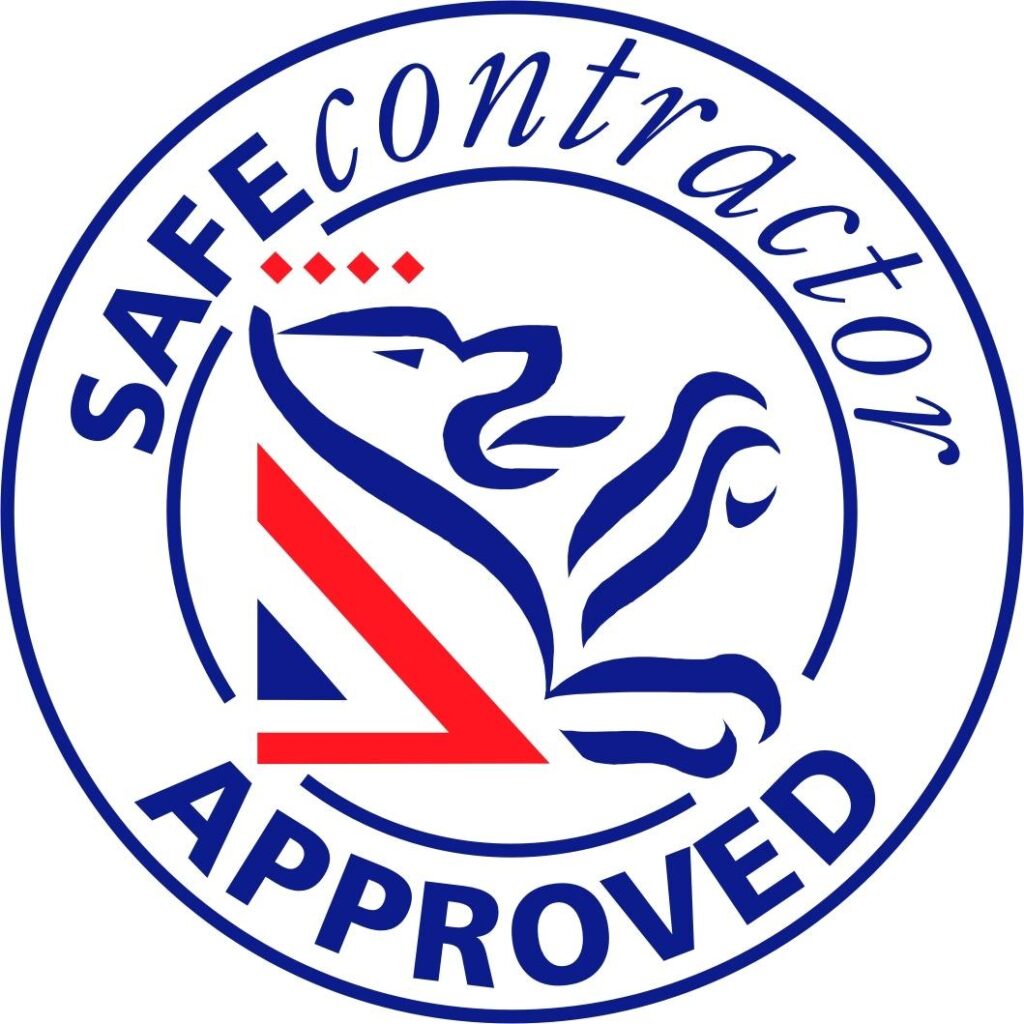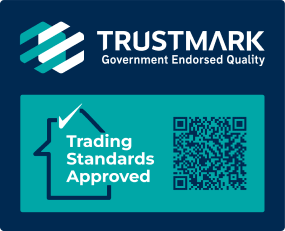
Frequently Asked Questions for EPC
What is an EPC?
An EPC is an abbreviated word for Energy Performance Certificate.
An Energy Performance Certificate – or EPC – is a document which sets out the energy efficiency of a property on a system of A to G – A being the most efficient.
An EPC provides an indication of how much it will cost to heat and power a property. It also includes recommendations of energy-efficient improvements, the cost of carrying them out, and the potential savings in pounds and pence that each one could generate.
How long is EPC valid?


Do I need an EPC?
It is a legal requirement to have a valid Energy Performance Certificate (EPC) when a building is sold, rented or constructed.
Your property’s EPC needs to be available to potential buyers as soon as you start to market your property for sale or rent. This will inform people how energy efficient the property is, including any potential savings on fuel payments.
You must get an approved /accredited Energy Assessor to produce the EPC, which provides information about a property’s energy use and typical energy costs.
If you implement any of the energy efficiency recommendations outlined in your EPC, you may wish to get a fresh EPC done to include these improvements. Failure to have a valid EPC may result in a fine, although there are exemptions e.g. listed properties.
What happens if you don’t have an EPC?
The Department of Finance (DoF) and district councils have the duty to enforce the requirements of the EPC regulations. District councils enforce in relation to all but their own relevant public buildings in which case (DoF) is the enforcement authority.
Failure to comply with the regulations or a request to produce relevant documents from an enforcer may result in the issue of a penalty charge notice.
In the case of a dwelling, the penalty is £200 and for non-dwellings it is 12.5 per cent of the net annual value, for each breach of failing to:
- make available, free of charge, a valid EPC to any prospective buyer or tenant
- give, free of charge, a valid EPC to the person who ultimately becomes the buyer or tenant
- give an EPC to the owner of the building not more than five days after the work has been completed
- make available or give, free of charge, a recommendation report to accompany a valid EPC.
How do you find out if my property has an EPC?
If you need an energy performance certificate for your home, you can visit the Energy Performance of Buildings Register. You can also search through the EPC certificate ratings of other properties in your area for free.
What happens during the assessment?
The energy assessment needed to produce an EPC is performed by a qualified and accredited energy assessor who visits the property, examines key items such as cavity wall, floor and loft insulation, domestic boiler, hot water tank, radiators, heating controls windows for double glazing, and so on. He or she then inputs the observations into a software program which performs the calculation of energy efficiency. The program gives a single number for the rating of energy efficiency, and a recommended value of the potential for improvement. There are similar figures for environmental impact. A table of estimated energy bills per annum (and the potential for improvement) is also presented, but without any reference to householder bills. The exercise is entirely non-invasive, so the software will make assumptions on the insulation properties of various elements of the property based on age and construction type. The assessor has the ability to over-ride these assumptions if visual or written evidence is provided to support the presence of insulation which may have been subsequently installed.
What is checked in an EPC check?
How long does an EPC assessment take?
A Domestic assessment can take on average between 25-45 minutes.
Commercial assessment usually take a minimum of 60 minutes, but can take longer depending on the size and complexity of the property.
Can you fail an EPC?
If you are selling a property then there are no minimum requirements, you simply need to have a valid EPC in place.
A landlord must not grant a new tenancy (including a renewal tenancy) of a property after 1 April 2018 or continue to let any property after 1 April 2023 where the property has an EPC Rating of F or G.
Subject to some prescribed exemptions Part 3 of the Principal 2015 Regulations states.
An EPC Rating?
An EPC rating of D, its bang in the middle of the range (from A, the best, to G, the worst). Most of the older properties here will have ratings of F or G, and some of the newer ones could score as high as B.

What is Minimum Energy Efficiency Standards (MEES).
The Minimum Energy Efficiency Regulations (the Regulations) apply to all privately rented properties in England and Wales which are legally required to have an Energy Performance Certificate (EPC), and which are let on a relevant tenancy type. See the guidance documents for the definition of relevant tenancy.
MEES Exemption:
Buildings which are not required to have an EPC: such as industrial sites, workshops, non-residential agricultural buildings with a low energy demand, certain listed buildings, temporary properties and holidays lets.
MEES Short Term Tenancy & Long Term Tenancy.
MEES does not apply to rentals of less than six months or more than 99 years.
Landlord Energy Obligations: EPC & MEES.
The Minimum Energy Efficiency Standard (MEES) is exactly what it sounds like. MEES states that any properties you put up for lease from 1 April 2018 are required by law to have an EPC of E or above. That covers new leases and lease renewals on all domestic properties.
Since it was first introduced in England and Wales in 2006, the EPC is now a legal requirement for a building to be sold, let or constructed. Once the Energy Performance Certificate is issued, it is the owner or landlord’s responsibility to keep it up-to-date.
If you choose to use an estate agent to market the property, they must include a copy of the EPC report in all commercial advertisements such as a brochure and website.
With a new building, the builder in charge of the construction is responsible for producing the Energy Certificate. If you choose to market privately, the EPC is still a legal requirement for both sales and lettings.
Minimum Energy Efficiency Standards (MEES) Legislation.
In April 2018, Minimum Energy Efficiency Standards came into force in England and Wales and has made it a legal requirement for all privately owned properties to have an EPC rating of at least an ‘E’ before they are sold or let.
If an agent is marketing the property, they must include a copy of the EPC reports document in all commercial advertisements such as a brochure and website, etc. With a new building, the builder in charge of the construction is responsible for the establishment of an original Energy Certificate. And the Energy Certificate can only be produced by an accredited on-construction domestic energy assessor.
What is a Licence to Occupy?
A Licence to Occupy (Licence) is a personal agreement between a property owner (Licensor) and an occupier (Licensee). Under a Licence the Licensor provides the Licensee with the non-exclusive possession of a property for a period of time, typically 6 or 12 months. In return the Licensee pays the Licensor a licence fee.
The benefits of getting an Energy Performance Certificate?
An Energy Performance Certificate helps you reduce your energy consumption and associated costs. This is achieved by following the recommendations and benchmarks for performance that are listed in the EPC.

Can you serve section 21 without an EPC?
Extra requirements were introduced whereby a section 21 notice (two months no fault notice) could not be served unless an Energy Performance Certificate (EPC), gas safety check certificate and the government’s How to Rent Guide had been served on the tenant.
Mortgaging (buy to let properties).
As of 1st April 2020, all buy to let properties will need to have a minimum Energy Performance Certificate (EPC) rating of E, regardless of when the tenancy started.
What if an EPC expires during a tenancy?
If the tenancy started after 1 October 2008 then an EPC would have been required but if the same tenant remains in situ then there is no requirement to get a new EPC when the original EPC has expires.
Enforcement non-compliance EPC!
Contact Info
Recent Posts
Accreditation
























